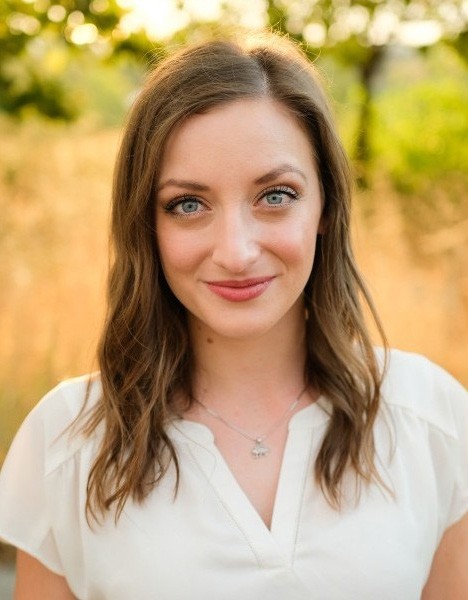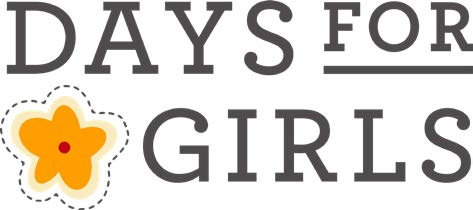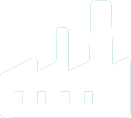Question#1 What was your company’s distinctive strategy for incorporating technology to meet UN Sustainable Development Goal?
As a global organization, Days for Girls (DfG) works to advance menstrual equity. With an international staff that is primarily remote, Days for Girls incorporates technology at every level of our work to bring about greater gender equality. Having established a digital workplace pre-Covid, DfG is adept at operating remotely and in person. We use a wide variety of technological solutions to connect across countries and contexts and create relevant and responsive programs.
From Salesforce to Hubspot to Taroworks and Trello, we employ technology to promote smooth internal and external communication, ensure efficient information tracking, and maintain clear project management. Each of these is a pillar in our collective work to bring greater menstrual and gender equality to girls and women everywhere. Incorporating technology into the fabric of our organizational makeup better equips us to respond to the menstrual needs of girls and women everywhere quickly and efficiently.
Question#2 What challenges did you face while working on your project/ initiative, and how did you overcome them?
We have faced several challenges on the road to establishing greater gender equality through creating holistic menstrual health (MH) environments. One challenge we face in our work comes in the form of local myths, stigma, taboos, and traditions that surround menstruation. In Nepal, for example, there is the traditional practice of Chhaupadi, in which a menstruating woman is relegated to a poorly insulated shed, a practice that puts her at great risk. Despite Chhaupadi being illegal, many rural communities continue this practice in secret due to its ingrained position in their culture.
To overcome menstrual stigma, traditions, and taboos that we face in our work, like Chhaupadi, we engage members of the community—boys and men, along with girls and women—in holistic, culturally tailored MH education. We also work closely with local stakeholders to ensure buy-in on every level of society: from family to community, to nation.
Question#3 How did you involve local communities and stakeholders in your work, and what was their response?
Everything we do at Days for Girls International is done with the input of local communities. For example, in Cambodia, we did intensive demographic research prior to implementing our program, during which time, we spoke with community members and officials to accurately ascertain relevant needs. After engaging communities in our primary programming, we received petitions from them for more MH engagement.
In response to their requests, we worked with them to better understand their needs and desires, the knowledge we used in our partnership with the Cambodian Ministry of Education, Youth and Sports (MoEYS). With the MoEYS, we developed a nationwide MH curriculum and teacher-training course. In short, we fill the needs that the community identifies, and we seek out local input to inform our programming beforehand, to shape our programming during implementation, and to help us learn from our programming through the implementation of extensive MLE afterward.
Question#4 Which organizational skills and assets can be harnessed to provide its goods/services without negative environmental and social impacts?
The remote nature of Days for Girls’ international staff enables us to greatly minimize our carbon footprint, thereby limiting any negative environmental impacts. Additionally, our patented washable menstrual pads are a sustainable and environmentally friendly period alternative to single-use menstrual products. In this way, our washable pad Kits reduce waste, cut down on excessive plastic use and have a minimal impact on the environment.
Question#5 What is the role of businesses, governments, and civil society in achieving the SDGs, and how can they work together?
Businesses, governments, and civil society play important roles in achieving gender equality (SDG 5). We work with civil society through our vast volunteer base of 14,000+ individuals, and we also maintain close partnerships with various nonprofits. For example, in Kenya, we partnered with Village Enterprise to establish Enterprises in the Mt. Elgon region, providing not only MH products and education to the women and girls there, but also providing economic and leadership opportunities. Meanwhile, in Cambodia, we work with the Cambodian government to plan and implement MH education for students throughout the country.
Additionally, governments in countries such as Canada, Scotland, and Spain, as well as local governments in the United States, like the state of Utah, are implementing policies to formalize menstrual support. Finally, we are working with businesses to drive the Period Positive Workplace movement, an initiative encouraging businesses to sustainably provide for their employees’ menstrual needs.
Question#6 What impact has your project had, and what are your future goals?
DfG has had a significant impact globally on gender equality. Two examples of our impact include:
Nepal: Responding to the phrase, “Yes, women are as valuable as men in society,” 56% of respondents agreed, compared to 70% after DfG programming.
Cambodia: At baseline, 31% of girls reported being confident and comfortable attending school while using their usual menstrual products. At follow-up, 98% reported now feeling confident and comfortable attending school while using the DfG Kit.
As women and girls have access to MH products and information, they are able to participate in society and achieve their goals, promoting gender equality.
Our future goal is to reach 3 million girls and women with menstrual education and products. We are working to create a world where periods are never a problem and where girls globally have the knowledge and tools, they need to manage their menstruation with dignity.
Question#7 What advice do you have for individuals/organizations seeking to create positive change and contribute to the SDGs?
In terms of advice for individuals or organizations seeking to create a positive change and contribute to the SDGs, I would recommend always centering local community engagement and leadership, and always starting the project with the end in mind. Work backward from your goal to create clear, actionable, achievable steps, but throughout it all – through the mundane days and stressful times – keep your purpose, your passion. Keep it present, keep it mindful. It will serve you more than any platitude or plan could on its own. If you can remember the “why” of what you are doing, it will validate every “what” and “how.”
Question#8 How would receiving this SDG Award help you improve your impact and scale your project?
Receiving this SDG Award from EUTECH will help us to expand our network in Europe. We are hopeful that this will have positive fundraising implications and will yield long-term benefits through the discovery and establishment of new professional relationships. This award will also promote greater advocacy as we contribute to a wider media platform. We will be able to scale our Period Positive Workplace initiative to more places in Europe, and we will inspire more people with the need for greater menstrual health equity on governmental, corporate, and private levels. Additionally, the reception of such a prestigious award will add to our credibility and further bolster our partners’ confidence in the quality and scope of our work.

